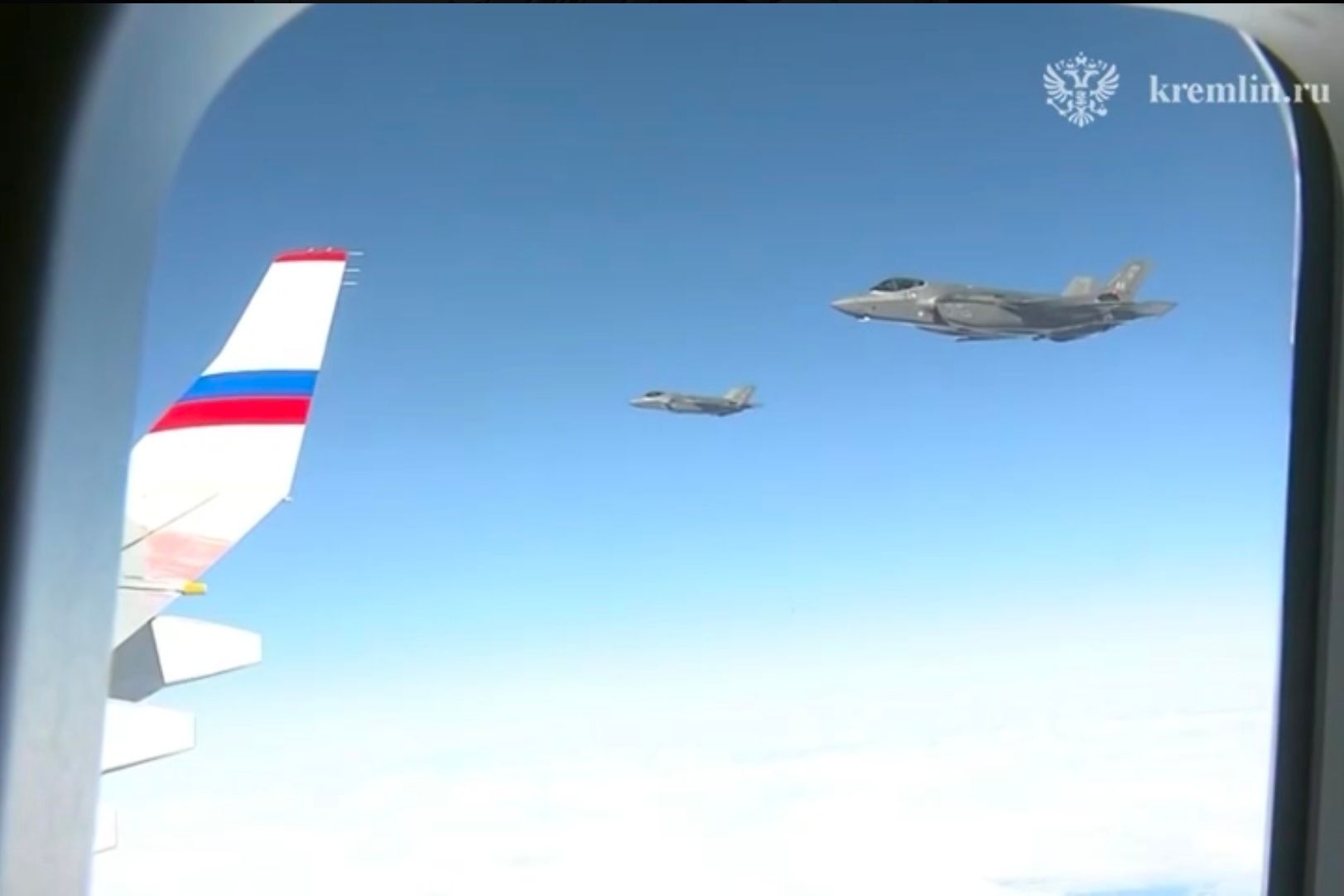Russia declares isolation over after Putin’s red-carpet welcome in Alaska

Top Russian officials welcomed the end of Russia’s diplomatic isolation following President Vladimir Putin’s meeting with U.S. President Donald Trump in Alaska for his first visit to the U.S. since 2015.
The summit restored a "full-fledged mechanism for meetings" between the two presidents, without "ultimatums and threats," Deputy Chairman of Russia’s Security Council Dmitry Medvedev wrote on his Telegram channel on Aug. 16.
He said that Putin was able to outline Russia’s conditions for ending its invasion of Ukraine while Trump refused to escalate pressure on Russia for the time being. The U.S. leader said that he would not impose any new sanctions on Russia, for now.
"The meeting proved that negotiations are possible without preconditions and simultaneously with the continuation of the SMO (Special Military Operation," he said, using Russia’s propaganda term for its full-scale invasion of Ukraine.
Putin received the red carpet treatment when he arrived in Anchorage, Alaska, on Aug. 15, signalling an end to Russia’s isolation, said Russian Foreign Ministry spokesperson Maria Zakharova on her Telegram channel.
"Western media are in a state that can be called insanity, bordering on complete madness: For three years, they have been talking about Russia’s isolation, and today they saw the red carpet that greeted the Russian President in the United States," Zakharova wrote.
After Moscow launched its full-scale invasion, Putin has faced international isolation, limiting his travel largely to close allies and regional partners such as China, Iran and North Korea, avoiding Western capitals entirely.
His travel options became even more limited after the International Criminal Court (ICC) issued an arrest warrant for Putin in March 2023 over the kidnapping of thousands of Ukrainian children from occupied territories. The U.S. is not among the 125 countries that are party of the ICC and was not obliged to arrest Putin on its territory.
The shift in Russia's isolation started to shift after Trump took office on Jan. 20, 2025. Within weeks, the leaders held their first phone call, breaking the communication freeze imposed during Joe Biden's presidency.
Trump praised the Aug. 15 meeting with Putin as a 10 out of 10, despite not reaching any peace agreements. He said he and Putin agreed on many points and made some headway toward a deal, including on territorial swaps and security guarantees for Ukraine.
Ahead of the meeting, Trump said that both sides would have to agree to "swap" land, although it is unclear what exactly that would entail.
A source in the Ukrainian Presidential Office earlier told the Kyiv Independent that Moscow's proposal would require Kyiv to withdraw from the Ukrainian-controlled parts of the partially occupied Donetsk and Luhansk oblasts in exchange for a Russian pullback from parts of Sumy and Kharkiv oblasts.
President Volodymyr Zelensky has previously said he would not give up territory to Russia as part of peace negotiations, insisting instead that the first step should be a ceasefire.
After the summit, Trump held a phone call with Zelensky and European leaders, in which he said Putin doesn’t want a ceasefire but rather a fully fleshed-out peace deal.
"It was determined by all that the best way to end the horrific war between Russia and Ukraine is to go directly to a Peace Agreement, which would end the war, and not a mere Ceasefire Agreement, which oftentimes does not hold up," Trump wrote on Truth Social following the call.
Trump will host Zelensky in Washington on Aug. 18, where the two will discuss an end to Russia's invasion. Zelensky agreed to Trump’s proposal for a trilateral meeting between Ukraine, the U.S., and Russia, although no further details have yet been announced.














